As the world of competitive sports gaming continues to evolve, it’s interesting to see the decisions that the brain trust behind all these games make in order to reflect the state of their respective communities. It’s sometimes easy to forget that “sports esports” (there has to be a better term for that) are still relatively young and there are some vital issues that have to be resolved before they are able to become more commercially viable. Obviously, there are matters related to balancing gameplay that have to be considered, especially when there are all sorts of attributes involved that ultimately help determine the outcomes of under-the-hood dice rolls that have to work in tandem with any user’s stick skills. But from a macro view, there are even fundamental matters about the format of the actual events that have to first be nailed down in order to help shape the future of these esports, including competitive NHL gaming.
When it comes to NHL 21, people who play the series competitively seem to be at a crossroads that could ultimately point the game in a direction that will decide its fate in the competitive realm.
Competitive NHL Gaming
When comparing the NHL series to other perennial sports titles, it’s clear it has some unique challenges in growing its competitive side of things, but it also has a leg up in some respects. Madden and MLB The Show have established themselves at least at this point as being entirely 1 vs. 1 in high-stakes competitive games, as those team sports have too many players (or too little excitement at some positions) to translate well to being played as groups competitively on a large stage. Madden also has issues with its AI and The Show still doesn’t have all that much of an esports presence in general — but those are matters for another article. The one game that the NHL series most resembles in a lot of ways at least on a superficial level is the NBA 2K series, but the more you look at the two of them, the more you begin to see that they have plenty of differences as well.
While NBA 2K and NHL both play perfectly fine as 1 vs. 1 games, they really lend themselves better to being enjoyed as the true team sports they are while part of a group. NBA 2K has already shown how this model can work well on a larger competitive scale by developing their own NBA 2K League, complete with the current participation of 23 NBA teams and with the league now in its third season. But it’s naïve to think that the NHL series is even close to the same size community as NBA 2K, and therefore the idea of it creating a comparable league of its own doesn’t look as feasible or potentially lucrative to anyone contemplating getting involved.
6-On-6 Vs. 1-On-1
To its credit, the NHL competitive community has tried their hands at both kinds of events in recent years. Players from across the world have gone head-to-head since 2018 in the NHL Gaming World Championship where they use Hockey Ultimate Team to build their own squad and try to prove they’re the best player out there. But in late 2019, the NHL series partnered with the Washington Capitals to hold its first ever 6 vs. 6 event, shifting the focus from who could be the best individual player to who could coalesce as the best unit. The fact that these unique events that demanded very different styles and strategies of play attracted some of the same top players can’t help but lead to strong opinions on which way to play is superior. As is the case with anything, it takes practice to get good at both kinds of events, and if you’re busy working on your 1-on-1 game for instance, that’s only taking time away from any work you could be getting in with your squad.
Is there room for both to exist within the NHL competitive community? Or does one need to become the dominant way to play the game competitively in the future? First, let’s lay out the cases for both sides.
1 Vs. 1
The biggest argument to made for 1-on-1 competitive NHL play, as with most things, comes down to money. To reiterate, NHL isn’t NBA 2K, and nowhere is that more evident than the prizes for being the best at the two games. In addition to their regular player salary and other financial opportunities, the winners of the NBA 2K Championship received $420,000 last season. With that money divided among the six team members, that breaks down to $70,000 per player. By comparison, the winners of the first Caps Gaming Showcase received $10,000 as a team, which ended up with each player receiving $1,667.67. The San Jose Sharks have followed the Capitals lead and their recently completed Sharks Pacific Cup saw the winners — Composure — take home $20,000 (or $3,333 each). It’s not nothing, but you would have to hope that the amount of time and dedication that it requires to best all of the other teams in the event would ultimately translate to more than that if you were someone involved.
On the other side of things, last year’s winner of the NHL Gaming World Championship netted a prize of $60,000, and it’s important to point out that this amount doesn’t have to be divided among anyone else. It doesn’t take a mathematics major to figure out that you could make a lot more money in 2020 as an elite 1 vs. 1 player than as part of the top 6 vs. 6 squad. So wouldn’t you want to make that more of a priority if you’re hoping to use your skills to make a living playing the game at all?
Aside from your bank account, you might also be concerned with accountability if you’re someone who prefers competing in the solo realm. You’d have to think it would be awfully frustrating to devote so much time to playing as part of a team, only to have your goalie play poorly when it counts and you end up having nothing to show for all of your efforts because of someone else having an off game. If you’re all by yourself, you don’t have anyone else to either blame or take the credit for your success or failure. Not to say that any accomplishments as part of a team are somehow diluted or lesser, but there’s little doubt who deserves the praise (and the cash) when you come out victorious all on your own.
6 Vs. 6
The simple argument for playing the game competitively as a 6-person team is that is that it’s more fun and realistic. Free from having to worry about manipulation of any AI players, you’re forced to have to communicate and develop chemistry with people by practicing together for hours. Any fan of hockey as a true team sport who values the camaraderie and collaboration of playing with other actual humans can’t help but appreciate the game’s fairly faithful (the usual EA glitches glitches aside) recreation of the sport that places a premium on smart positioning and becoming attuned to your teammates’ individual tendencies. Assuming you’re communicating in a party over headsets, a night can become hours of valuable practice time where you develop complex strategies and maneuvers together.
The 6-on-6 format hasn’t been around as long as the more traditional 1-on-1 fornat that people have been playing against friends and siblings since the release of the very first NHL game, but people are starting to be drawn more to World of Chel’s team play thanks to the increased availability of organized leagues for anyone willing to browse around a little online. The League Gaming website has been steadily growing for years now with their multi-tiered leagues full of people on both platforms that includes NHL, AHL, and CHL levels that players move up and down within. If you play as part of a club in the World of Chel regularly, you’re bound to come up against teams with acronyms in their names that indicate they’re part of some league, even if you may not really be familiar with it.
As this format continues to grow, the ultimate hope is that it could lead to a league, if not exactly like the NBA 2K League then at least similar, though it would realistically have to probably be smaller in scope. The biggest hurdle to overcome is that viewership and interest for a virtual NHL league is simply never going to be approach that of a 2K league as long as hockey as a sport isn’t as popular as basketball. But as more people to continue to play the mode and become interested in participating in a more organized structure, why couldn’t there be some kind of league that partners with the NHL and a group of sponsors sometime in the future? These kinds of things take time and it will require people continuing to invest in the format for it to eventually overtake 1 vs. 1 as the prevalent competitive mode but perhaps the only reliable thing about the future is that it’s impossible to predict.
Bottom Line
Ultimately, everything will eventually be decided by the public as they make some calls on what they prefer going forward. What format do they prefer to play? What format do they prefer to watch? The level of interest in both will shape the course of competitive NHL gaming and guide it down a path of individual or team play — or even a world where both roads can co-exist alongside one another.
What would you like to see happen?



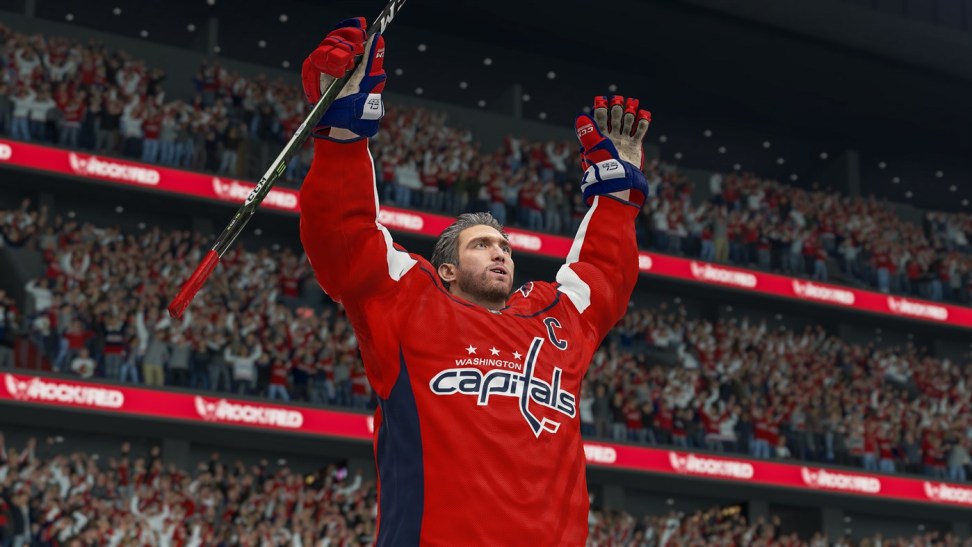
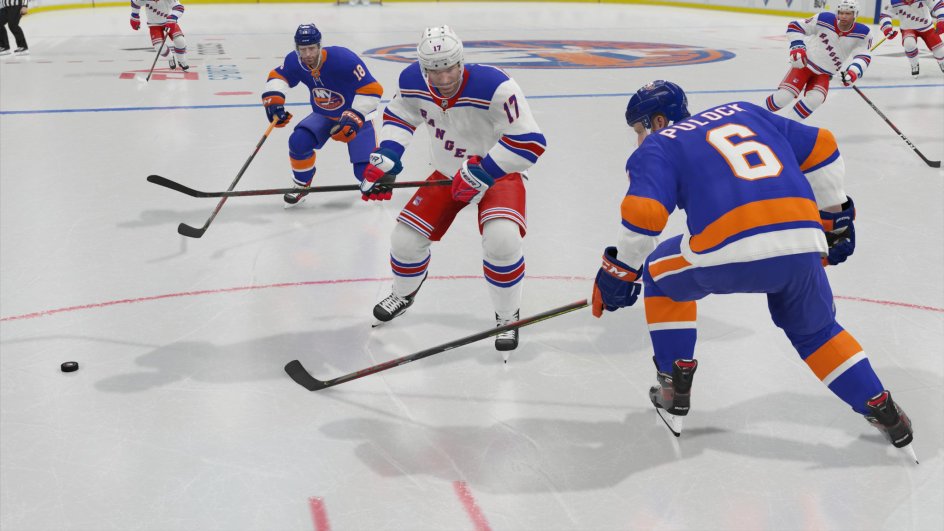
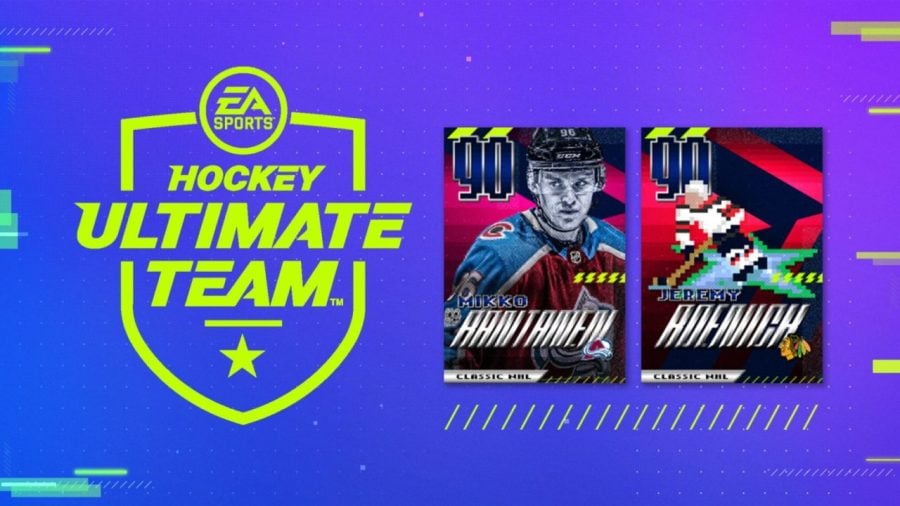
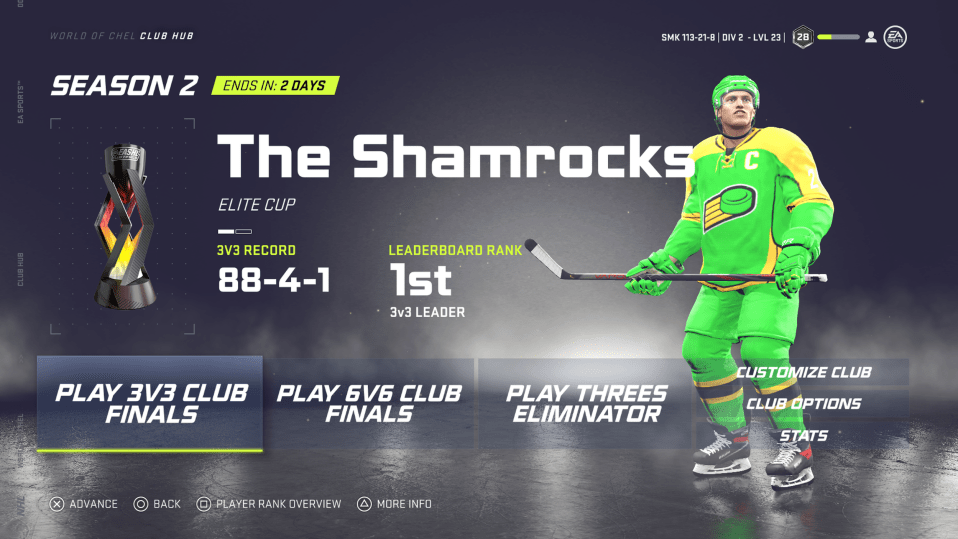
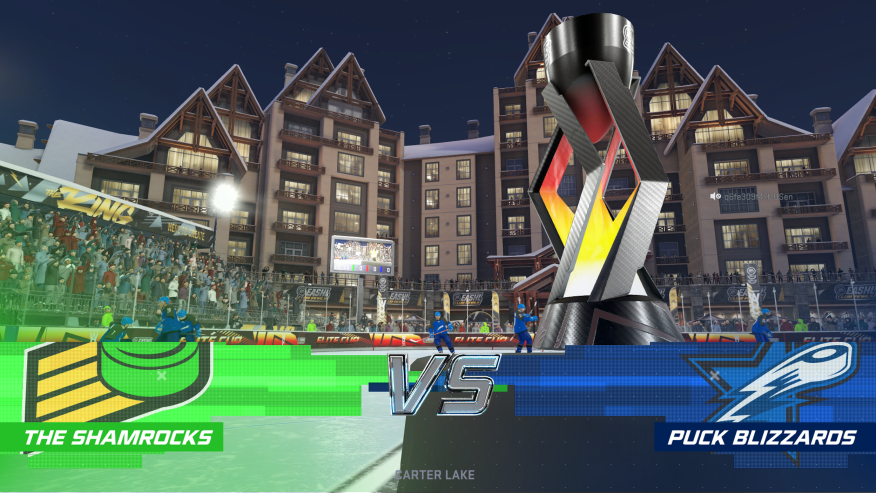





Published: Jan 21, 2021 04:37 pm